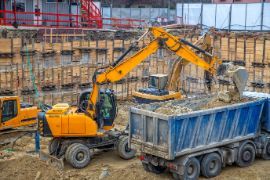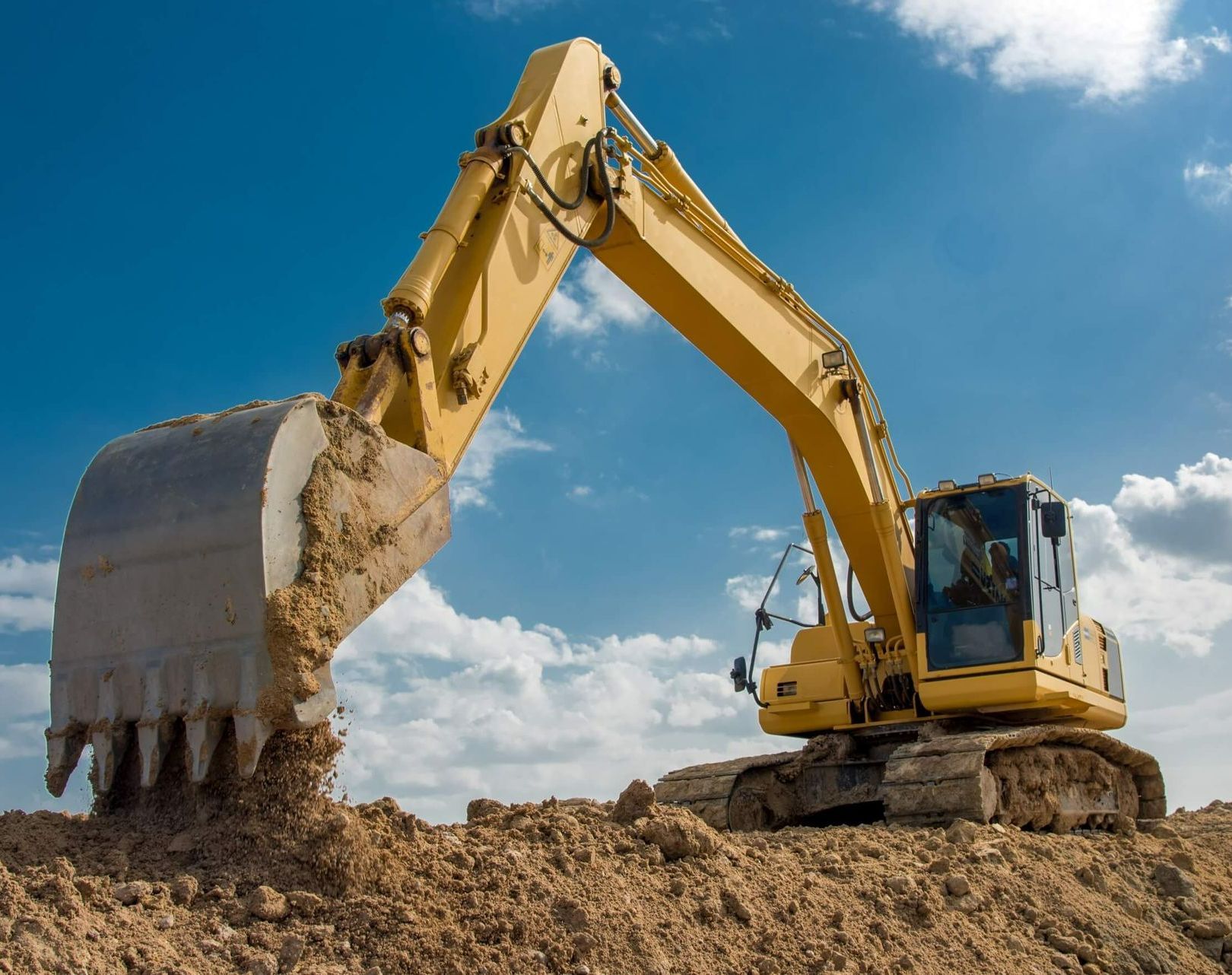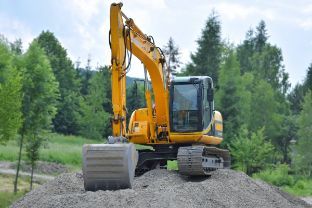Excavation Essentials: What You Need to Know Before Starting a Digging Project
Excavation projects are joint in construction, mining, and other industries that require digging. However, before starting any excavation project, it's important to understand the essentials to ensure safety and efficiency. This blog post will discuss the excavation essentials you need to know before starting a post hole digging project.

The Purpose of the Excavation
The first essential is understanding the purpose of your excavation project. Is it for construction, such as building a foundation or installing utility lines? Or is it for mining or extracting natural resources? Understanding the purpose of your excavation project will help you determine the equipment and techniques needed for the job.
Site Preparation
Before starting an excavation project, properly preparing the site is essential. This includes clearing vegetation and debris from the area, marking underground utilities and structures, and establishing safe work zones. Site preparation helps prevent accidents during excavation by ensuring workers have a clear view of their surroundings.
Equipment Selection
Selecting the right equipment is crucial for a successful excavation project. Some factors to consider when selecting equipment include soil type, depth of excavation, and available space on-site. Commonly used equipment includes backhoes, excavators, bulldozers, and loaders.
Safety Measures
Safety should always be a top priority during an excavation project. Workers should always wear protective gear such as hard hats and steel-toed boots while on-site. Additionally, barriers should be established around the work area to prevent unauthorized access.
Soil Conditions
Soil conditions can significantly impact an excavation project's success rate. Assessing soil conditions before beginning work on-site is essential to determine if additional measures, such as shoring or dewatering, are necessary.
Utility Location
Before digging begins, locate all underground utilities using specialized equipment such as ground-penetrating radar or electromagnetic locators. This helps prevent damage to existing infrastructure during excavation.
Environmental Regulations
Excavation projects may be subject to environmental regulations such as permits or inspections from local authorities or environmental agencies. Understanding these regulations beforehand can help prevent delays in your schedule due to non-compliance issues.
Waste Management
Waste management is crucial during an excavation project since soil may contain hazardous materials such as asbestos or lead-based paint chips that require unique disposal methods according to local regulations.
Communication with Stakeholders
Communication with stakeholders is essential during an excavation project since it helps keep everyone informed about progress updates and potential disruptions caused by construction activities.
In conclusion, understanding these nine essentials before starting an excavation project can help ensure safety and efficiency while preventing costly delays caused by non-compliance issues or accidents on-site.
By following these guidelines carefully and working with experienced personnel who understand how each step relates to others within this complex process, you'll be able to achieve optimal results and minimize risks involved in excavations operations!
If you want to start a digging project and still don't know how or where to start, AR Excavation Wollongong will make it easy for you! Call us now to get the job done right. Our experienced team will help make your digging project as smooth and successful as possible. Get started today – call us at 02 4202 6381 and let us take care of everything for you.
You Might Also Like









Free Instant Quote
**plus FREE bonus coupon**
Contact Form
We will get back to you as soon as possible.
Please try again later.
© 2022 AR Excavation Wollongong
This is a referral site.